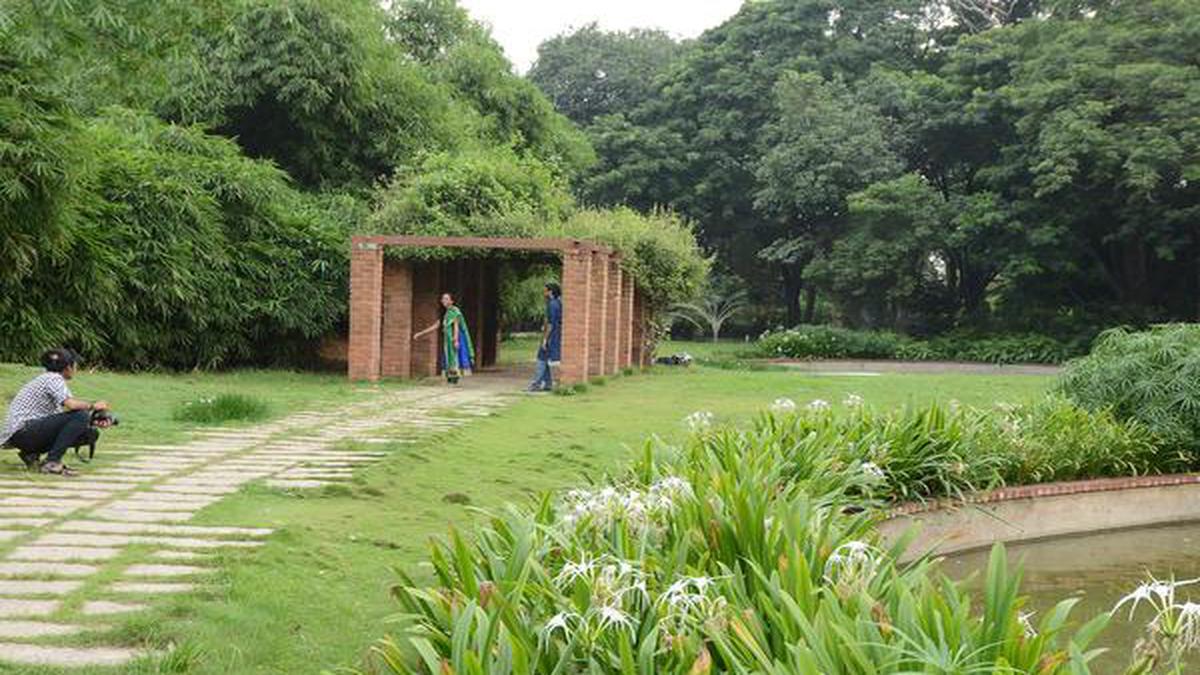Indian highway commuters are poised for significant fiscal relief and enhanced travel efficiency as the National Highways Authority of India (NHAI) introduces a groundbreaking feature to its popular national highway travel application. This pivotal upgrade, coupled with a novel annual digital toll solution, marks a substantial stride towards fostering a more transparent, cost-effective, and sustainably managed road network across the nation.
The forthcoming integration of a comprehensive route optimisation feature within the Rajyamarg Yatra application is set to redefine how millions of drivers navigate India’s expansive highway system. Designed to provide real-time guidance on the most economical transit options between two specified urban centres, this digital tool empowers users to make informed decisions that directly impact their travel expenditures. Previously, the application served primarily as an informational hub for various roadside amenities. Its evolution into a fiscal guidance platform underscores NHAI’s commitment to leveraging technology for public benefit, directly addressing the long-standing concern of variable toll charges across parallel routes. For instance, a journey between Delhi and Lucknow, which traditionally offers multiple arterial paths, can now be analysed for the lowest toll incidence, thereby enabling drivers to select their preferred route based on economic prudence. This initiative aligns seamlessly with the vision of smarter, more equitable urban and inter-city connectivity, ensuring that all road users, irrespective of their vehicle or journey type, have access to transparent pricing structures.
Complementing this digital leap is the introduction of an annual consolidated travel pass for FASTag users, priced competitively at ₹3,000. This innovative pass offers a generous allowance of 200 complimentary transits across authorised toll plazas within a twelve-month period. Slated for implementation on August 15, 2025, this measure is anticipated to provide substantial economic dividends for frequent private vehicle commuters, enabling greater predictability and savings in their travel budgets. The digital nature of FASTag, now enhanced by this annual subscription model, further solidifies its role in promoting cashless transactions, reducing on-road congestion, and contributing to a more efficient and less carbon-intensive transportation ecosystem. By facilitating smoother traffic flow at toll gates, the system minimises vehicle idling times, thereby contributing incrementally to reduced emissions and a healthier urban environment.
Eligibility for this annual FASTag pass is specifically tailored for private, non-commercial vehicles such as cars, jeeps, and vans. Commercial transporters, including trucks and buses, are not within the ambit of this particular scheme. Prospective users must ensure their existing FASTag is active, correctly affixed to their vehicle, and unequivocally linked to a valid, non-blacklisted registration certificate, free from any disputes. This targeted approach ensures that the benefits accrue to individual commuters, streamlining their daily or frequent journeys. The application process has been streamlined for user convenience, accessible through the Rajmarg Yatra application or the official National Highways Authority of India websites, including www.nhai.gov.in and www.morth.nic.in. A simple verification of active FASTag details, followed by a one-time digital payment, completes the process for pass issuance.
This dual-pronged strategy by NHAI signifies a robust commitment to enhancing user experience and driving digital transformation within the national highway framework. By providing tools that enable drivers to minimise their operational costs, the authority is subtly influencing travel behaviour towards more considered and efficient route planning. This transparency in tolling, coupled with the potential for bulk savings through the annual pass, democratises access to cost-efficient travel, fostering a more inclusive transport environment. The focus on digital solutions also inherently supports the broader national agenda of developing sustainable urban and inter-city infrastructure, where data-driven insights and streamlined processes lead to reduced resource consumption and improved overall efficiency. Importantly, while offering considerable advantages, acquiring the annual FASTag pass is not mandatory, and existing FASTags will continue to function for regular transactions.
Furthermore, the integration of such features is a testament to the evolving landscape of India’s smart infrastructure. The availability of precise toll information empowers individual citizens, allowing for better budget management and predictable travel expenses. While the annual pass offers considerable benefits, its validity remains confined to NHAI-authorised toll plazas and National Expressways, highlighting a distinction from state government toll collection points. This nuanced approach ensures the focus remains on the national highway network, which forms the backbone of inter-state connectivity. The ongoing stress experienced by highway drivers, stemming from unpredictable toll costs and lack of clear alternatives, is now being systematically addressed through these forward-thinking digital interventions, paving the way for a more seamless, affordable, and environmentally conscious future of road travel in India, ultimately contributing to more equitable and sustainable cities.
Also Read :Schneider Electric builds green smart facility in Tamil Nadu industrial hub


